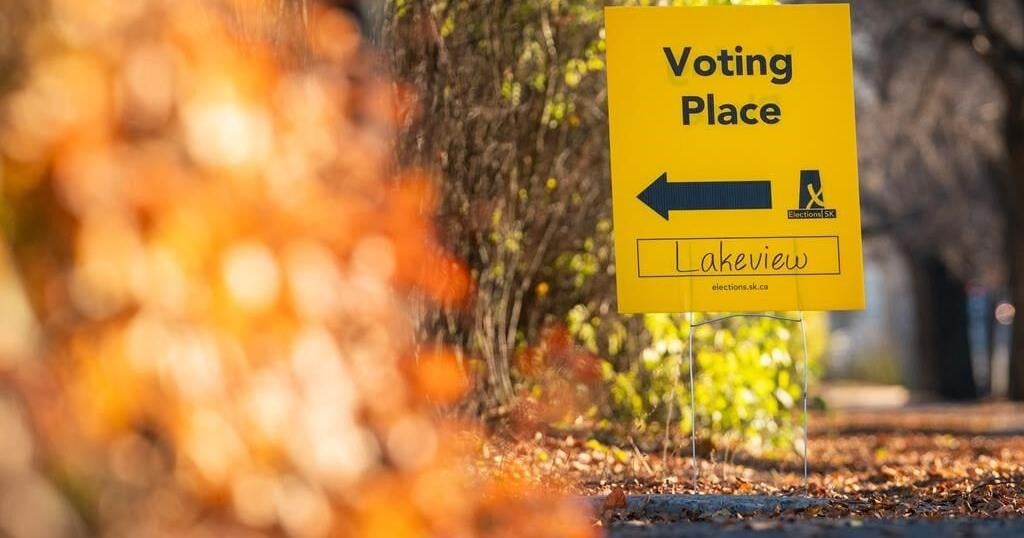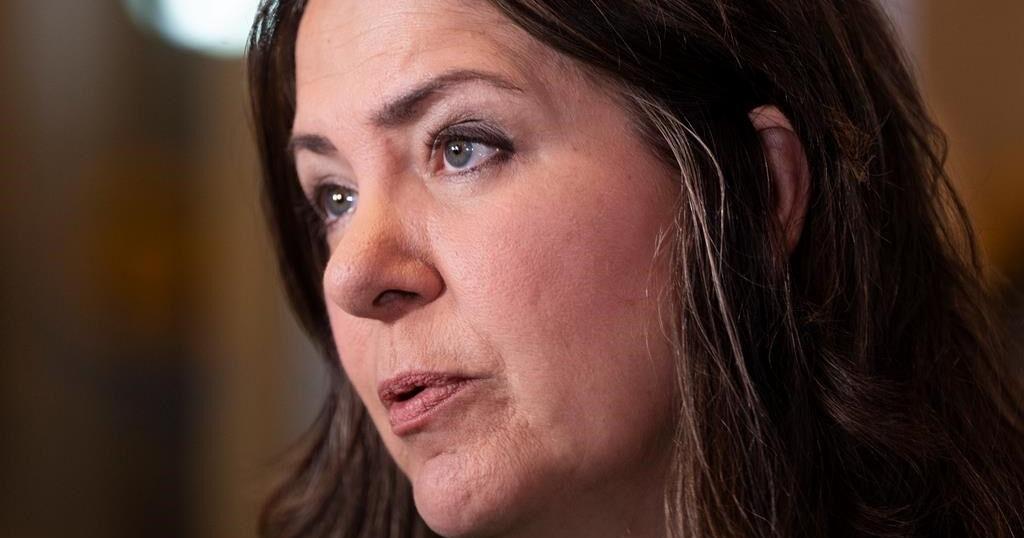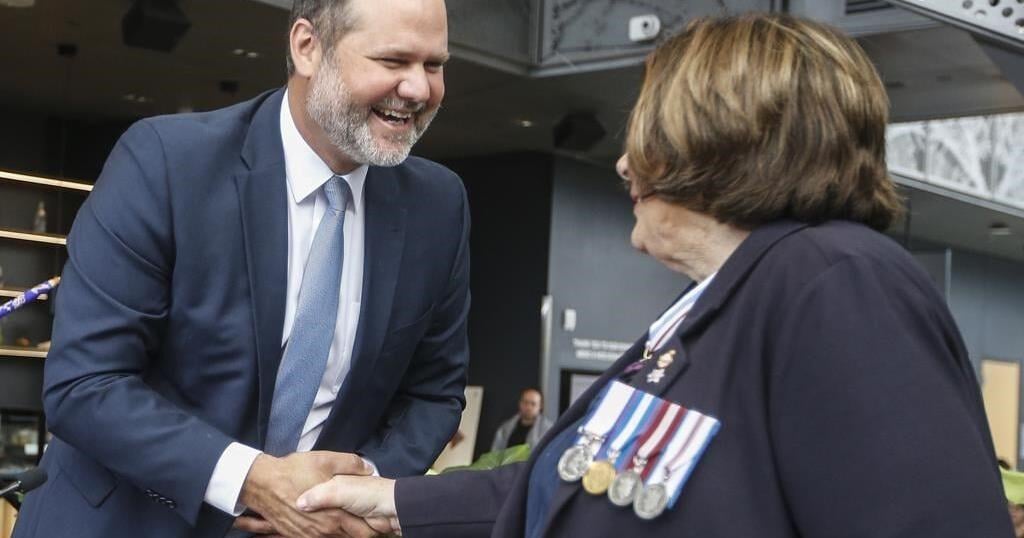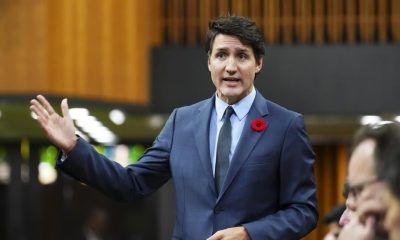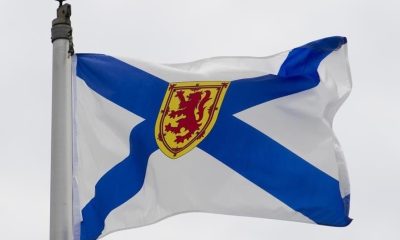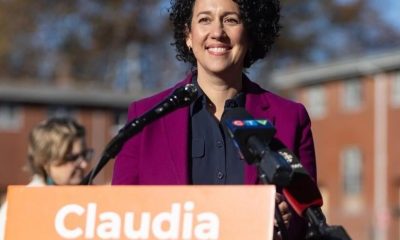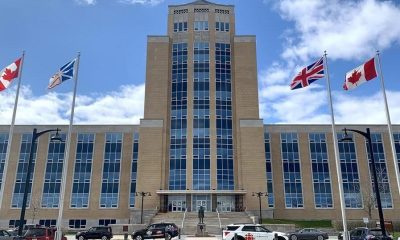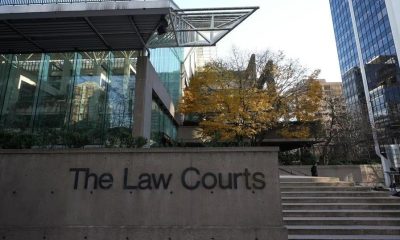TORONTO – Ontario has lowered projections for how many new homes will get built in the province over the next few years, putting the government further off the pace needed to meet its target.
Premier Doug Ford has pledged to get 1.5 million homes built over 10 years by 2031, but Ontario has not yet met any of its annual targets toward that goal, though it came very close last year after it started counting long-term care beds.
This year’s annual target is 125,000 homes, but the government’s fall economic statement tabled on Wednesday shows it expects just 81,300, based on an average of private-sector forecasts.
In each of the next several years, housing starts projections have been lowered from the forecasts at the time of the spring budget. The strongest growth is expected in 2027, with an estimated 95,300 homes.
Finance Minister Peter Bethlenfalvy said he is still working toward the 1.5 million target and is setting the province up for long-term success.
“High interest rates have had their impact, and that’s cyclical, but we’re not going to relent on putting in place the infrastructure necessary to get more built,” he said.
Liberal Leader Bonnie Crombie said there is “no conceivable way” the government can still meet its target.
“I think there was great hope and promise we would actually build housing,” she said.
“This government came in with a lot of fanfare, 1.5 million homes would be built – 150,000 a year…There are no incentives to build homes. Developers aren’t building homes. I’ll tell you what’s happening – construction workers are leaving the province of Ontario, and they’re going to Alberta and they’re going to B.C. because they are building homes there.”
Bethlenfalvy’s speech to the legislature while tabling the fall economic statement talked about building a potential tunnel under Highway 401, but didn’t talk about building housing, NDP Leader Marit Stiles pointed out.
“He’s always got money and time to talk about a fantasy tunnel or a luxury European spa in downtown Toronto (at Ontario Place) that nobody asked for, but when it comes to building actual homes? Nada. Nothing. Zip,” she said.
“This was supposed to be this government’s biggest priority. I can tell you, it is one of Ontarians’ biggest priorities. Nothing here addresses that problem. In fact, I see them backing away, really backing away, reversing the course in terms of addressing the housing affordability challenge out there.”
The government has established various funds worth several billion dollars to help spur home construction, including incentives for municipalities and money to get housing-enabling infrastructure such as water and wastewater lines built.
The spring budget contained $1.6 billion in new money for housing-enabling infrastructure. Municipalities have described a lack of new water lines and roads as a hurdle to building new housing, and they can use the funds for such projects.
But municipalities have complained about how their progress is being measured toward the Building Faster Fund, which gives extra funding to certain communities if they exceed or get close to targets the government has assigned.
Municipalities have asked Housing Minister Paul Calandra to base their eligibility for the fund on how many building permits they issue, rather than on the number of housing starts. Once a permit is issued, developers may not start construction because of high interest rates, supply-chain issues or labour shortages, big city mayors say.
This report by The Canadian Press was first published Oct. 30, 2024.


